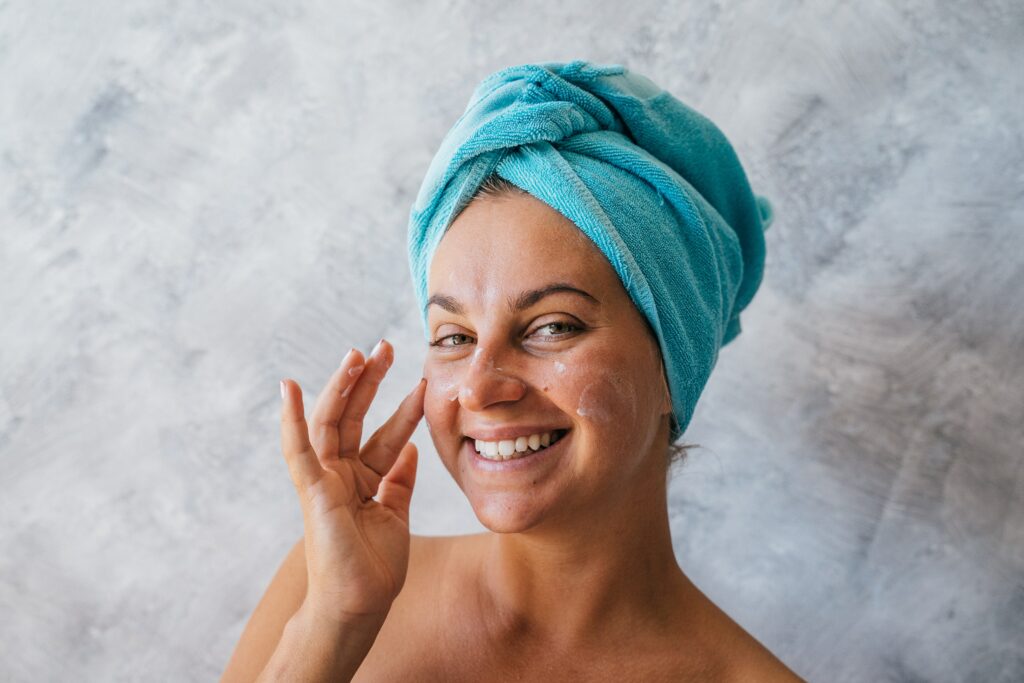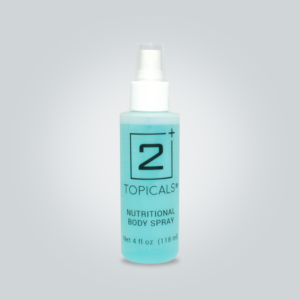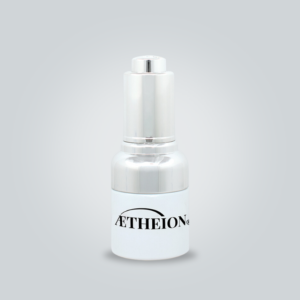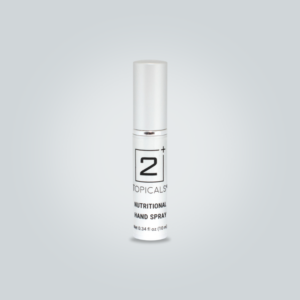No products in the cart.
Face Cream with Vitamin E: 4 Powerful Benefits
Table of Contents
Face cream with Vitamin E can have a marvelous effect on your skin, but is it for all skin types? Who can benefit the most from it? And which face cream with vitamin E is the best to use?
What is Vitamin E?

It is the collective name for a group of fat-soluble compounds with distinctive antioxidant activities. It is composed of eight chemical forms. But only one, alpha-tocopherol is recognized to meet human requirements [1].
Finding Vitamin E is easy. It is in many foods. It is a nutrient that acts as an antioxidant in the body. It assists in the protection of cells from the harmful effects of free radicals. Vitamin E can also boost your immune system, fighting bacteria and viruses.
Also, it provides help with widening the blood vessels, keeping blood from clotting within them. Cells rely on this vitamin to carry out other vital functions. Though, high quantities can lead to health risks.
What are the benefits of a face cream with Vitamin E on the skin?
Using a face cream with Vitamin E will help to protect the skin from cell damage, and in addition, it helps to keep the skin moisturized. It is part of many skin care formulas.
- To prevent aging and wrinkles on your face.
Since it is high in antioxidants and also affects blood circulation, a face cream with Vitamin E helps the structural support of the skin, restoring firmness.
- It helps with Hyperpigmentation.
Melasma is a condition when too much pigment results in dark patches on your skin. Hormones can trigger this as well as other factors. Using a face cream with Vitamin E and Vitamin C creates a powerful team that goes a long way.
- Protect against damage caused by UV exposure.
There is evidence that claims Vitamin E’s activity as an antioxidant, in combination with the skin, protects against damage caused by exposure to UV.
- It provides relief from inflammation on the skin.
Its properties aid the discomfort of inflammation caused by acne and other parts of the body due to an injury.
Keep in mind that Vitamin E isn’t an effective remedy for all. And it still lacks evidence on other aspects, such as wound healing or scars.
How do I know that my skin cream has Vitamin E?
The proper name for Vitamin E is alpha-tocopheryl, as mentioned above. But there are two types to look for in the list of ingredients.
- D-alpha-tocopherol d-alpha-tocopheryl acetate: The “d” prefix in front indicates that it derives from natural sources, such as vegetable oils, nuts, or seeds.
- Dl-alpha tocopherol and dl-alpha tocopheryl acetate: The “dl” signifies that the ingredients come from a synthetic base.
It is a no-brainer that studies show the use of the natural source is more effective than its synthetic counterpart.
Who benefits the most from using a face cream with Vitamin E?

Mature skins can find comfort in using creams with vitamin E because of their antioxidant properties. It relieves the skin of fine lines and wrinkles.
Dry skin and eczema can also be satisfied by using face creams with Vitamin E.
It retains moisture and boosts the skin barrier.
Skins in sunny places can use Vitamin E underneath the sunscreen to further protect the UV exposure. It provides photoprotective activity to defend against damage such as erythema (redness) and edema (swelling).
What about other types of skins?
Although Vitamin E can function on most skin types, we recommend the following.
If your skin tends to have frequent breakouts or pores are prone to clog, using face creams with Vitamin E could worsen the symptoms.
For sensitive skin, test your skin on a small area to examine if there is any chemical or allergic reaction before applying it to your face.
I want to use a face cream with vitamin E. Where do I find the best product?
Congrats! You have found the gold. Aetheion focuses on alleviating distress to the skin by providing a top-notch recipe that accompanies you to feel your best self.
And no, we are not the only ones to back this claim. AETHEION® ZC30 Anti-Aging Cream will give you results. Its function is to help defend, treat, and moisturize your skin, providing a long-lasting younger look.
Significant research and development demonstrate its outstanding performance and relevant improvements to the skin.
Learn more about our Anti Aging series products. And discover which formula your skin can be most fond of; reach out if you need extra support in figuring out which solution is the best for you.
To recap all the information:

Vitamin E is in many foods, from nuts, seeds, and even supplements. Applying a face cream with Vitamin E can provide antioxidants that relieve the skin from free radicals (which are responsible for fine lines and wrinkles). And can also defend against UV damage on the skin and strengthens the skin barrier.
Not all skin types can respond the same way, but finding how to take advantage of its incredible benefits can improve the feel and appearance of your skin.

Copyright © 2024 All Rights Reserved, AETHEION® cosmetics store is property of ChemCream S.A.P.I. de C.V.




